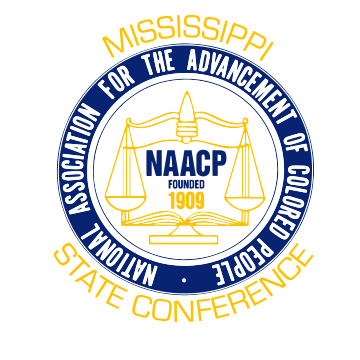Obama’s Powerful Words on Racial Injustice Should Be Matched by Bold Policy Measures
2015/05/06 – While the president’s new nonprofit group is a positive step, it still falls short of the radical initiatives needed to bring equal justice.
President Barack Obama’s announcement Monday of the nonprofit group My Brother’s Keeper’s Alliance, during a speech at Lehman College in the Bronx, N.Y., reflects the power of the racial protests and uprisings that have gripped the nation, most recently in Baltimore.
With national polls in the wake of urban rebellions indicating Americans are more pessimistic about race relations, the president tried to bring a wider lens to social and political issues that have produced violent unrest.
Obama’s remarks were measured, noting that the nation could “not guarantee success” for all individuals but owed each American who worked hard an opportunity.
But as much of the nation and the world has witnessed over the past year, the idea of equal opportunity is a cruel joke in communities that are targeted by racist criminal-justice systems, poverty, failing schools and unemployment.
The president’s new group, a spinoff of the White House’s My Brother’s Keeper initiativeannounced last year to bolster opportunities for boys and young men of color, is being supported by $80 million in private, mostly corporate funding.
Obama’s remarks at Lehman veered toward the personal when he recalled sharing his disappointment over his father’s absence with a young, black college student. The question, said the president, is: “Do we love these kids?”
Based on the way in which the nation has treated the desperate cries for help emanating from Ferguson, Mo., Baltimore and other impoverished, predominantly black communities, the answer is a resounding, “No.”
The president deserves credit for attempting to address the deep historical roots behind Baltimore’s rage and #BlackLivesMatter protests. Obama has rightfully acknowledged that the criminal-justice system is only a part of a complex web of inequality that pursues and punishes black people, especially the young.
“This will remain a mission for me and for Michelle, not just for the rest of my presidency, but the rest of our lives,” vowed Obama. “We see ourselves in these young men.”
Powerful words. Yet the president’s heartfelt sentiments about righting ancient historical wrongs that continue to flourish in the 21st century have not been matched by bold policy measures.
My Brother’s Keeper, funded primarily by private philanthropy, is a good start but lacks the resources, commitments and federal policy muscle to ensure the fundamental transformation this moment in history requires.
Over the next 18 months, Obama should use the full weight of his executive powers to try to dismantle the police state that many black communities live under by ordering a review of the Department of Justice’s Byrne grants, which have been used to overwhelmingly criminalize the very lives of the young black men Obama spoke of in his Lehman speech.
Black teenage unemployment is at crisis levels in practically every major city in the nation. Addressing this crisis, through jobs, community college access and eliminating employment obstacles for ex-offenders will be vital to restoring a sense of hope and dignity to neighborhoods that have been ravaged by decades of punitive policy.
Finally, the president needs to deliver an honest speech about the depth and breadth of racism in America that is connected to genuine policy proposals. Less than two months ago, in Selma, Ala., Obama gave a speech for the ages, citing Langston Hughes and James Baldwin in a panoramic talk that doubled as a seminar on race, democracy and civil rights over the last century.
Now is the time for Obama to match eloquent words with powerful deeds. It is not simply enough to offer “equal opportunity” to African Americans who have been targeted by racist institutions for punishment, prison and pain. Racial equality and economic justice in our own time must be measured by equality of outcomes in every spectrum of society.
Private philanthropy in pursuit of racial justice for African-American men, even when supported by the first black president, falls short of the radical policy initiatives and political will that are necessary to affirmatively answer the question of whether America will ever truly love and embrace its darker children.
Source: The Root Magazine



